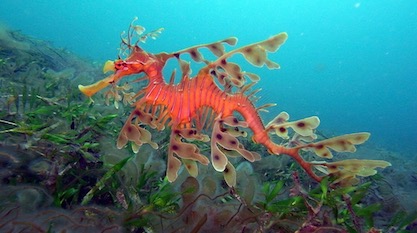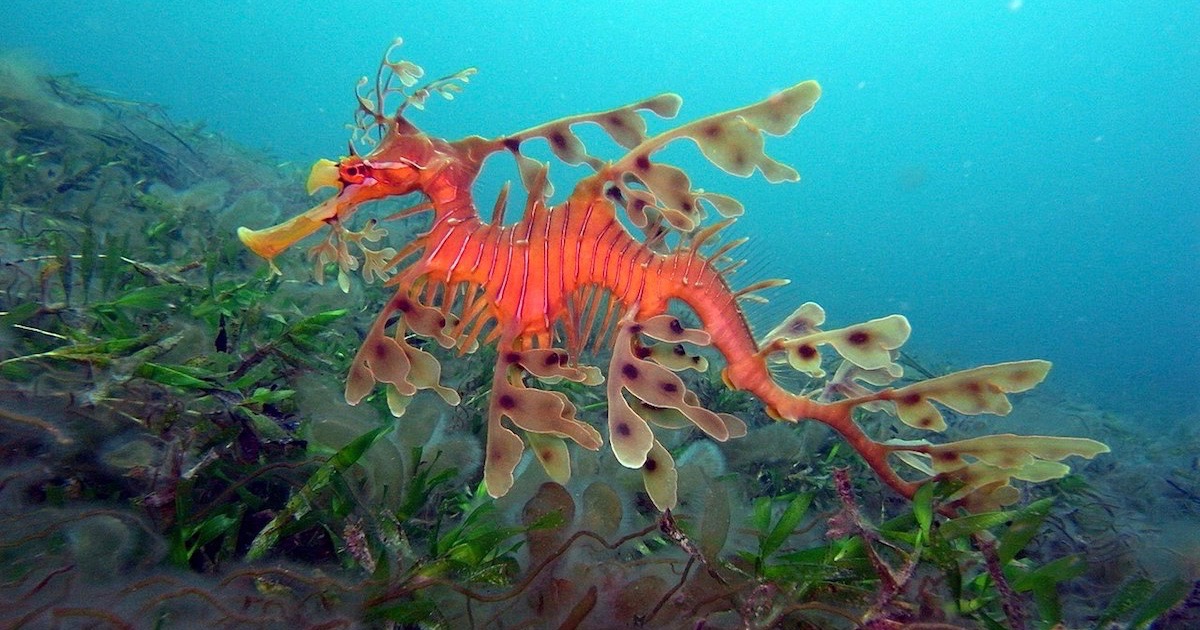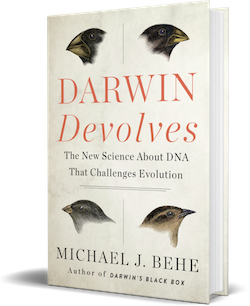 Neuroscience & Mind
Neuroscience & Mind
Robert Marks on Evolution and Creativity


I was explaining to one of our kids the other day a paradox about what our minds do. On the one hand, unwelcome thoughts or wishes come to us unbidden and we have to decide how to handle these. But the precious flipside of the bargain is creativity. Ideas for wonderful things — in art, science, philosophy, spirituality, entrepreneurial endeavors, you name it — come from nowhere that we can identify.
We call this inspiration, and it’s the key to creativity. Frustratingly, it also doesn’t come when bid. People have it. Computers don’t and never will.
The Spark of Creativity
Writing at Mind Matters, Robert Marks of the Walter Bradley Center has a very insightful post. He explains how creativity unifies three seemingly disparate phenomena: artificial intelligence, entrepreneurship, and evolution. Each is made possible by the spark of creativity. AI because computers operate by algorithm, which can do its work far faster than humans can but forever lacks inspiration. Computers thus can never make us dispensable. Entrepreneurship because the best business ideas are similarly a matter of non-computable inspiration. This is particularly interesting:
Creativity is likewise crucial to a successful entrepreneurial economy. In an interview with publisher Steve Forbes, tech philosopher George Gilder explains “why entrepreneurship can’t just be automated.” The reason is that the creativity of the entrepreneur lies beyond the capacity of algorithmic automation….
There are those who model the economy using a competitive Darwinian philosophy that does not factor in creativity. Theirs is a dog-eat-dog world where, as with Darwinian evolution, only the fittest survive. But why confine yourself to a kennel fight with the dogs when you can soar like an eagle borne up by entrepreneurial creativity? Think PayPal, Uber, Amazon, Dragon Software, Facebook, Google Maps and iHeart radio. All were creatively innovative and initially faced no serious competition. These businesses are part of the landscape today but all are the result of highly creative entrepreneurship.
Two Theories of Evolution

As for evolution, it’s regrettable that the word has been largely ceded to Darwinists. They call us “evolution deniers,” a false charge. In its most basic meaning, “evolution” only means that life has a long history and that it changes over time. Of course it does! Darwinists quibble about how the term “Darwinism” is a misnomer, since Charles Darwin’s classic theory is no longer the textbook version but has been enhanced with modern add-ons. But a word is needed to designate the insistence that evolution can reflect no purpose or creativity. “Darwinism” is the best word for that. In the simplest definition, Darwinism means that evolution is an algorithm, nothing more.
Intelligent design, on other hand, while not the perfect label either, refers to a willingness to consider that evolution operates not by unguided material processes alone (the evolutionary algorithm of random mutation and natural selection) but, in addition, by the guidance or inspiration of creative intelligence. In other words, ID is a theory of evolution, in competition with the narrower Darwinian one. As Michael Behe explains in Darwin Devolves, design and unguided Darwinian processes BOTH play a role in life’s story. Rigid Darwinists exclude design on principle, against the evidence.
This reflects a wider conflict of views. In our culture, crossing a range of thought disciplines, one views says that AI, entrepreneurship, and evolution can dispense with creativity. The algorithm is all! The competing view recognizes that any of these, without inspiration, would be sterile.
The Power to Captivate
Responding to inspiration is what makes us say “Wow!” An article yesterday from the Associated Press tells how “Sea dragons captivate visitors at California aquarium.” Visitors to the Scripps Institution aquarium are agog over “the creatures’ magnetic power.” They are “like something out of this world.” A curator comments:
“When people see them move, you hear them say, ‘What? That’s alive? Wow! That’s crazy.’”
But that’s a typical response — “Wow!” — to many types of animals, whether in the sea, the air, or on land. The view of evolution that ascribes all of their magic to the algorithm’s mindless grinding away denies what we know about creativity in areas of our own human experience.
A term related to this creative spark is “active information.” As Dr. Marks comments about his own research with mathematician William Dembski, “Computer simulations of popular evolutionary algorithms at EvoInfo.org demonstrate that evolutionary programs need this active information. The programmer must contribute creativity to make the code work.” Exactly. Read the rest of his comments at Mind Matters.
Photo: A leafy sea dragon, by Sylke Rohrlach from Sydney [CC BY-SA 2.0], via Wikimedia Commons.
